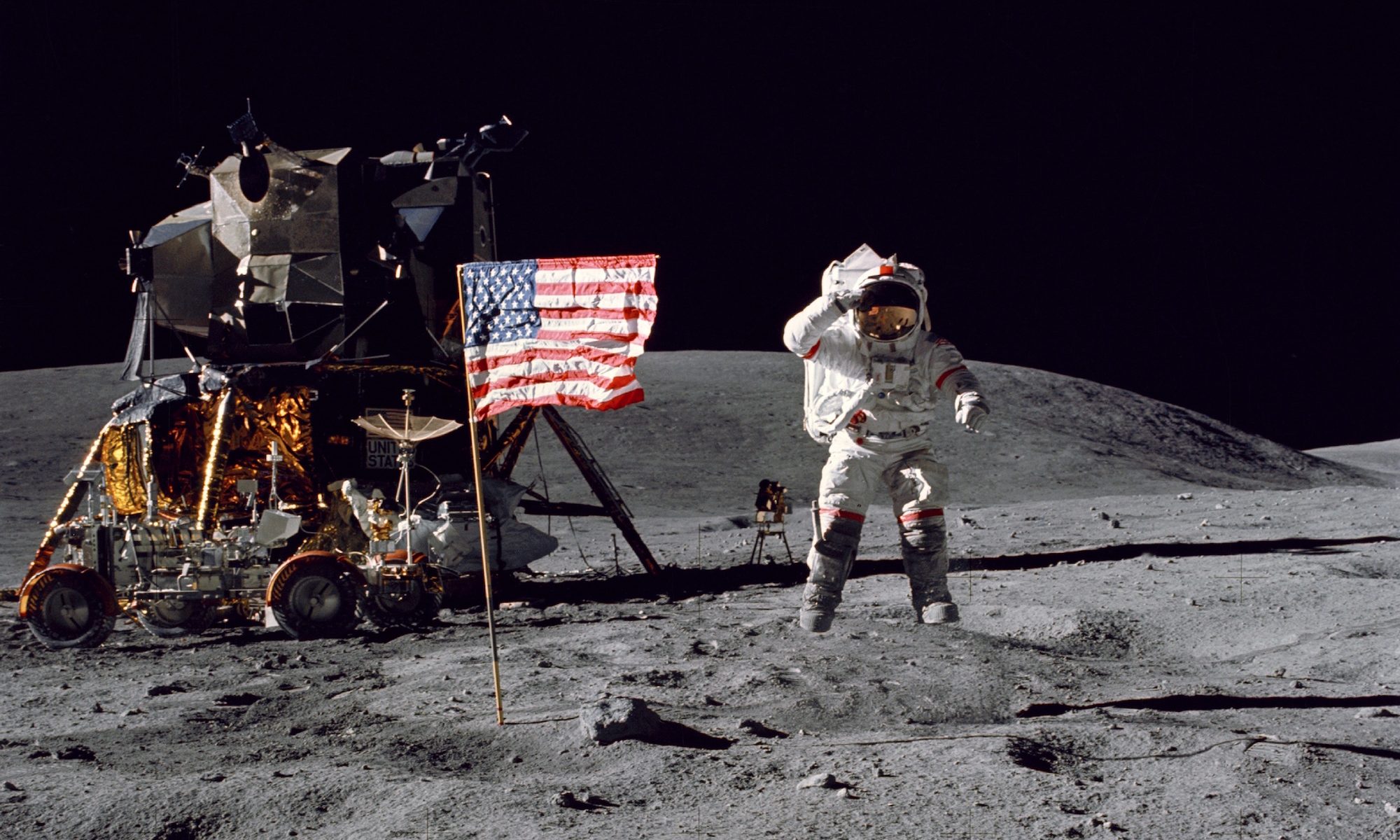
These were my notes for a presentation at a campuswide panel at UMASS delivered on 16 November 2016. They were originally posted then but were lost in the Great Server Mistake of 2017. I’m reposting them here, unaltered.
What can we expect from the Trump administration in its foreign policy?
It is difficult to tell. The Trump campaign is perhaps the least vetted on foreign policy since–ironically–the Clinton ’92 campaign. Trump is long on attitudes and chauvinism (in the literal, textbook sense of that word), but he is short on specifics.
Three major trends seem likely:
- The liberal trade order will be substantially modified, if not ended.
- The U.S.-led alliance system will be substantially weakened, if not catastrophically eroded.
- The post-Second World War period of U.S. leadership and hegemony will likely come to a close.
Let me stress that what I am most certain of is the width of the error bars in my predictions, not in the point prediction itself. The Trump administration could be, at best, weakly mediocre in its exercise of U.S. leadership. The depth of foreign distrust and shock in the Trump administration — and in what it represents for U.S. legitimacy — cannot realistically permit anything more than that. The worst-case scenario, to be frank, is the worst-case scenario, and even if that remains unlikely it is much more likely than it was a couple of weeks ago.
Continue reading “Talking Points for Panel on Trump and Foreign Policy”

 Originally published 13 December 2016 and then re-published following the Great Server Error of 2016,
Originally published 13 December 2016 and then re-published following the Great Server Error of 2016,